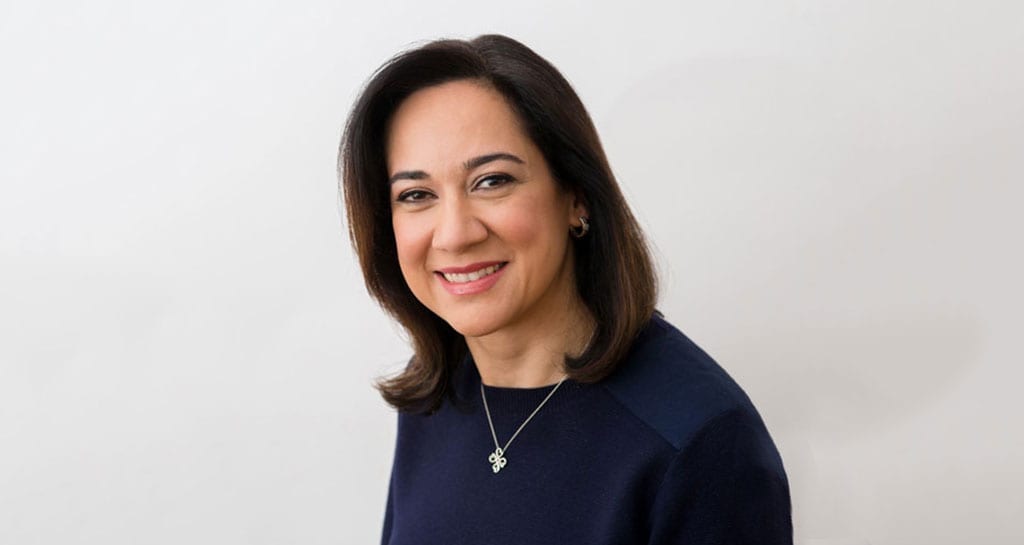This week I was fortunate enough to partake in two interesting but vastly different student privacy events. Both events discussed student data privacy in the context of online and personalized learning, and even though each event was presenting to different audiences (one was mostly to privacy lawyers, the other was to Ed-Tech companies) both events discussed student data in educational records. It is interesting because I think we all have different opinions of what an educational record is. According to the US Department of Education, an “’education record’ is defined as records that contain information directly related to a student and which are maintained by an educational agency or institution or by a party acting for the agency or institution” But what does that mean? At first glance I think of student grades, attendance or IEP information, but when we think of an educational record in the context of personalized learning it can mean and contain so much more.
It is worth thinking about an educational record as a more complete picture of a student’s learning story (or data trail) that is created as they use technology in the classroom. Let’s think this through – a student has a school educational record with name, address, grades, attendance etc., but then we begin to add more to it. For example, a teacher uses a certain software package to teach the math curriculum and students get guided by their hits and misses in answering questions and thus the software tailors the “teaching” to that particular student’s strengths and weaknesses. That information is stored and attached to that student. Further, this particular student has support services for an IEP and the service provider uses an educational app that assists with the therapy that is being provided to the child in school. Again, the software “learns” the student’s pattern and records that for the next therapy session and modifies the “teaching” as needed based on the progress that student makes. Finally, this student uses a school provided device that has location tracking. At this point an additional software is recording that student’s activity and whereabouts.
And while this data generation and tracking could sound creepy, there is tremendous value in the data the student generates. In particular, if parents and teachers can collaboratively work with the student. Because when we can use tech to not only improve learning but give students real feedback then we are empowering students to make decisions about them that can help them develop and disclose their educational story as they see fit.
And this brings us back to examining the educational record. If a student in a school system uses this software and generates data maintained by a third party provider – is that an educational record? And if it is, what ownership does the student really have of the data they are generating? Who has access to the data and who decides how it is used? At this point I struggle with the lack of recognition of student ownership. Because from an educational sense we are not allowing students to analyze the data trail they are creating. If we do not do that we continue to make education as something that happens to them, instead of the force by which they chart their progress.
So when we think of an educational record containing a story, a student’s story, there is a significant implication. I think it is worthwhile to allow students to partake in the creation of their record and have a say in how they share certain parts of their story. Personalized learning, if done right, can provide tremendous opportunities, in particular for students with special needs. We say students ought to be informed, to make their own decisions but we deny them this opportunity when we do not allow them to participate in the creation of their educational record and reduce them to mere observed objects. The challenge in front of us is to deconstruct our traditional view of an educational record (paper files in a cabinet, anyone?) and allow students to make a decision on what their data trail tells someone about them and what story they would like to share. For example, once a 10 year old told me, “I like that I can explain to my teacher what makes it easy for me to learn in class but I don’t like repeating it every year”. So lets take that statement and think about it. What if students were given enough insight into their educational record so that they can point to their teachers / parents / therapists to the information that they feel someone should know about them. And while I advocate for learner control I do not think this is a case where we give kids carte blanche to add or delete to their record as they see fit. I see the educational record as a comprehensive picture of a student in which a student can decide what matters to them and what they can illustrate to a teacher. But they cannot do that if we do not allow them to help us construct their educational record. Maybe taking a look at the issue in this manner we can become more comfortable with the “proverbial permanent record”


